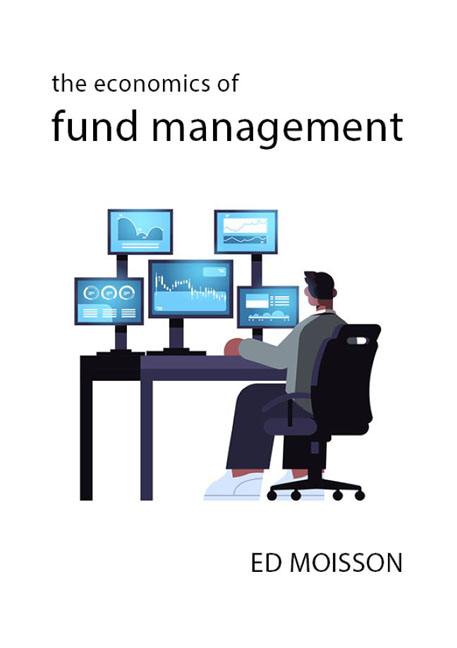Book contents
- Frontmatter
- Contents
- Preface and Acknowledgements
- Acronyms and Abbreviations
- 1 Introduction
- 2 Organization
- 3 Business Model
- 4 Managing Money
- 5 Stars and Scandals
- 6 Purpose and Sustainability
- 7 Regulations and Responsibilities
- 8 Sales and Products
- 9 Fees and Charging
- 10 Conclusions and the Future: Have We Reached Peak Mutual Fund?
- Glossary
- References
- Tables and Figures
- Index
6 - Purpose and Sustainability
Published online by Cambridge University Press: 20 January 2024
- Frontmatter
- Contents
- Preface and Acknowledgements
- Acronyms and Abbreviations
- 1 Introduction
- 2 Organization
- 3 Business Model
- 4 Managing Money
- 5 Stars and Scandals
- 6 Purpose and Sustainability
- 7 Regulations and Responsibilities
- 8 Sales and Products
- 9 Fees and Charging
- 10 Conclusions and the Future: Have We Reached Peak Mutual Fund?
- Glossary
- References
- Tables and Figures
- Index
Summary
By now the purpose of fund management might seem to be clear. But this is sometimes confused with the role and function of fund managers (and their colleagues). The distinction is worth considering to better understand the nature of the industry, and as a means to identify potential challenges for firms and resulting flaws in the way they behave.
At a basic level, there is a clear difference between the function of each role at an asset management company and the purpose of the industry as a whole. When defining an asset management company's role, elements of the former – the various functions – are often highlighted, rather than the objectives of the latter that should influence all roles within a fund company. This may appear to be more of a technical clarification rather than a broader comment on the industry. However, the distinction is a useful way to check whether a fund company actually considers the industry's purpose and its place within it. Most firms are focused on the way their business functions and the roles within it, and often they only fleetingly or obliquely appear to have a conception of their purpose and to use that understanding to influence the way their business is run.
The purpose of fund management is to grow clients’ wealth over the long term. This purpose may have beneficial by-products, but the industry's existence cannot be justified by such by-products because of the primacy of the relationship between fund manager and client. It may well be that some clients invest to make a positive impact on aspects such as the environment (which will be discussed later in this chapter), but even asset managers that manage money in this way are still focused on long-term returns for their investors – the primary purpose of the business remains the same. At the same time, an asset management company may offer products, such as short-term investment strategies, or services, such as an online investment platform, that help the growth of its business by attracting clients, but these do not change the industry's raison d’être. I would contend that the same is true for smaller parts of the overall funds industry, such as hedge funds, which often argue that their purpose is to offer differentiated returns from their more conventional rivals.
- Type
- Chapter
- Information
- The Economics of Fund Management , pp. 123 - 140Publisher: Agenda PublishingPrint publication year: 2022

